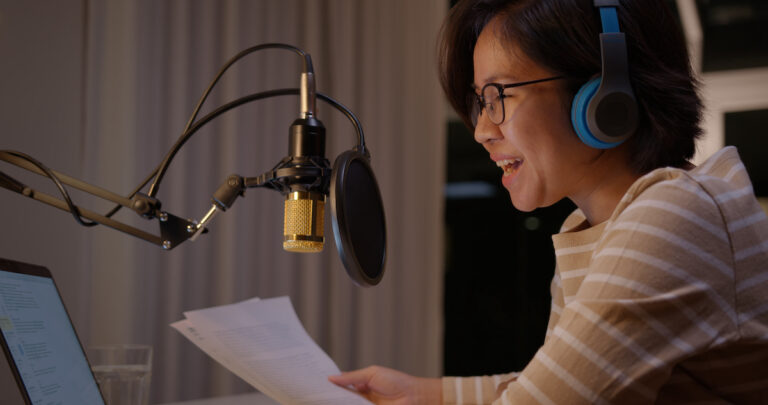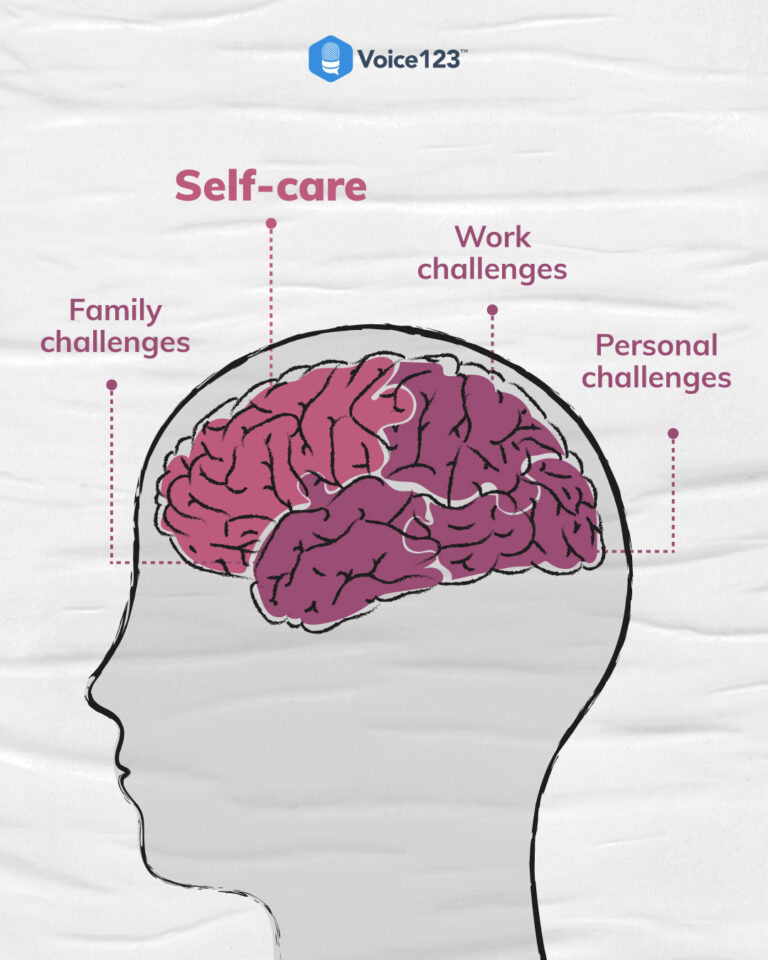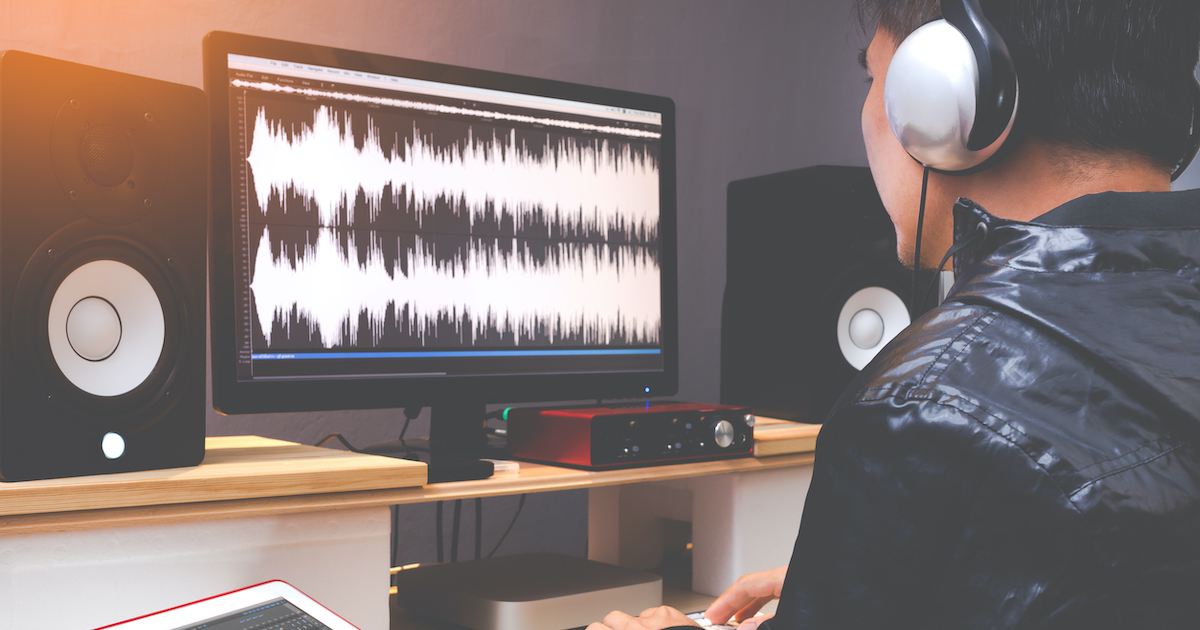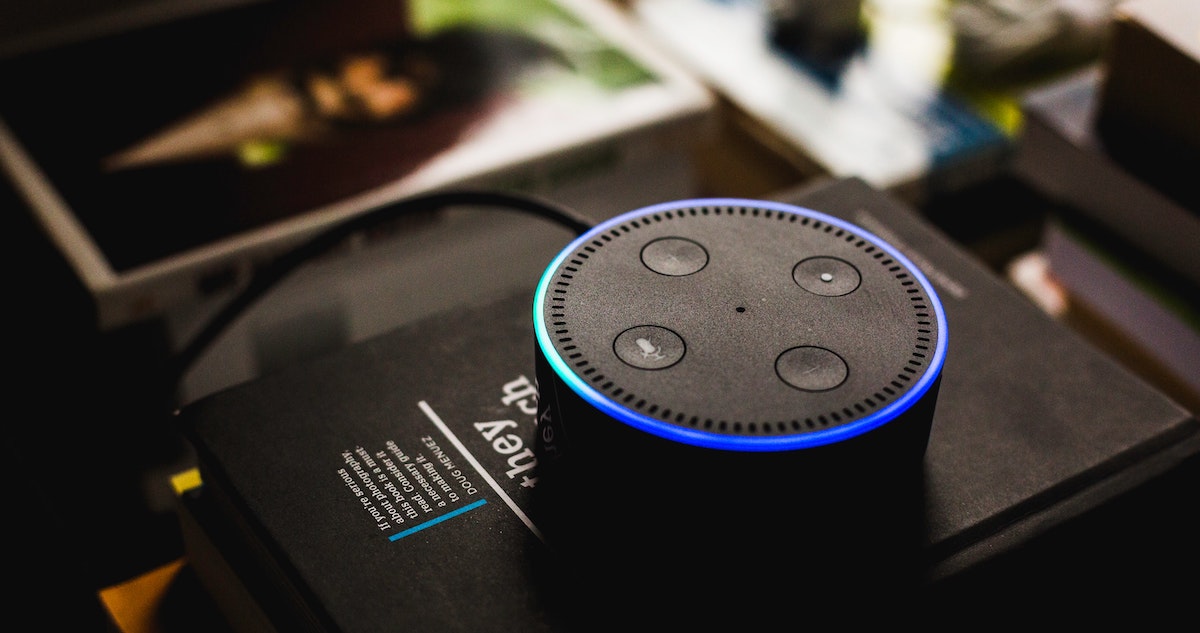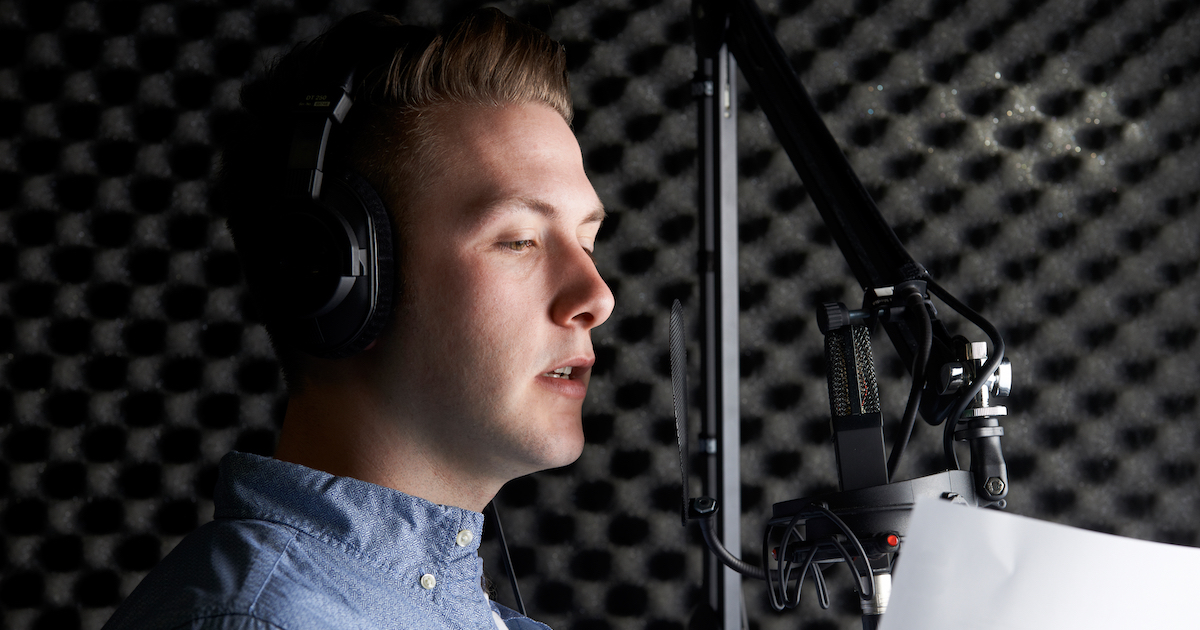No, seriously. Medical narration really is an art about science. Why? Because it can get so dense it’ll make your head spin, your eyes gloss over, and your mind rather think about what’s for dinner. And that’s just scripting it. Not getting your chosen voice actor to voice it in such a way that he or she understands what they’re reading and can make it sound engaging.
Consider floccinaucinihilipilification.
Just kidding.
Floccinaucinihilipilification actually means ‘the act or habit of describing or regarding something as unimportant, of having no value or being worthless,’ so it’s not even medical.
But pneumonoultramicroscopicsilicovolcanoconiosis is. It’s a lung disease caused by long-term inhalation of very fine ash and sand dust. Check the link for the pronunciation. Sure, this example is as extreme as it is obscure, but medical narration can be tongue-twistingly tough.

The video that the narration pairs with can help, but unless it does an outstanding job explaining the content — such that narration wouldn’t even be necessary — it’s up to the voiceover to do the heavy lifting.
The idea behind medical narration is a bit tricky. The information that the narration discusses is not what the average person knows, yet the voiceover has to sound like the person narrating it knows the topic thoroughly.
Yes, that means the voice actor has to be able to flawlessly pronounce more common terms like aphthous ulcer (canker sore) without biting their cheek, and giving themself one in the process.
On top of that, the voice actor will need to have clarity, endurance, ease, flow, authenticity, and more. The voice actor needs to become an alchemist, turning all this science into art. Here’s what excellent medical narration needs.
Make it easy to understand

If you could define the core of good medical narration, it would be making it easy to understand complex ideas. That means good narration needs to adapt to its audience.
Medical narration speaks to a variety of audiences. These include doctors, nurses, dentists, pharmaceutical practitioners, medical students — and even patients.
It’s unlikely a voiceover will be using medical jargon to speak to patients, but nonetheless, this kind of narration still has to adapt to a layperson’s level of comprehension.
That could mean speaking at a slower pace, taking time to enunciate words, breaking down complex ideas, whatever it takes to make it easy enough to understand.
Meanwhile, medical professionals don’t need the slow and clear pacing that a patient would. Applying it gives the impression the narration isn’t for them.
That means the narration needs ease, fluidity, and clearly carry the message of each sentence. It must sound like a peer who’s well-versed on the topic.
Go with the flow
You’ve stuck with us this far? Great! Now, let’s consider what good medical narration sounds like.
Firstly, you need flow. The phrasing can’t sound like someone chopping onions. If the voice actor trips over their words, or gets the inflections wrong, the audience will lose both meaning and interest.
It should flow like natural speech, with interest and authenticity. The highlights and important parts of the phrases should be clear, and it shouldn’t sound like the voice actor is trying to squeeze multiple phrases into one.
The voice actor must come across as a medical professional in order to narrate well.
Accuracy and consistency
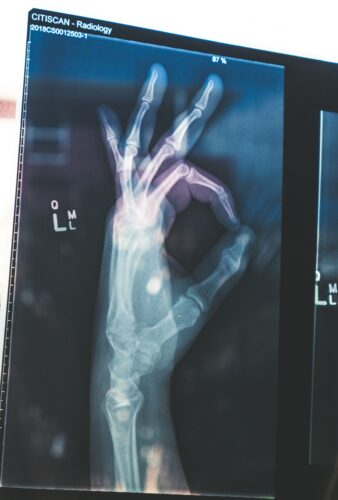
Let’s be honest, medical jargon is hard to pronounce. How often do we say antihistamines, when we can just say allergy meds?
For medical narration, technical terms like antihistamines must sound familiar and enunciated clearly.
Throughout the read, the energy and clarity can’t let up. You don’t want a voice actor to home in on one particular word, and then mumble the rest of the sentence. If that happens, the read won’t come across as genuine. The audience will lose interest instantly.
Considering the need for high-level engagement, the voice actor needs stamina to maintain consistency, accuracy, and clarity.
Emotion
Ah, the heart of voice acting. Emotion is what connects people to voice over. Consequently. it’s a great tool for medical narration.
You don’t need a voice actor to cry over medical conditions, but there has to be a sense of interest in the topic. When someone is enthusiastically explaining something, it’s so much easier to understand.
Imagine, a boring read of the body’s functions. Yawn.
Or, you could have Osmosis Jones teaching you about the body. Awesome.
Just because medical narration can be complex and laden with academic knowledge, doesn’t mean it’s devoid of emotion. Good medical narration should stir interest in the topic!
And finally…
Between adapting to different audiences, making complex phrases flow well; speaking with clarity, accuracy, and interest; and maintaining that quality for hours of recording — medical narration can be very challenging!
But you won’t want anything less for your voiceover. Put everything we mentioned above into it and the result will be a work of art.
Looking for a voice over for your medical narration needs? Voice123 offers the widest selection of talented, professional voice actors with experience in the field. Go ahead and book them right away!



